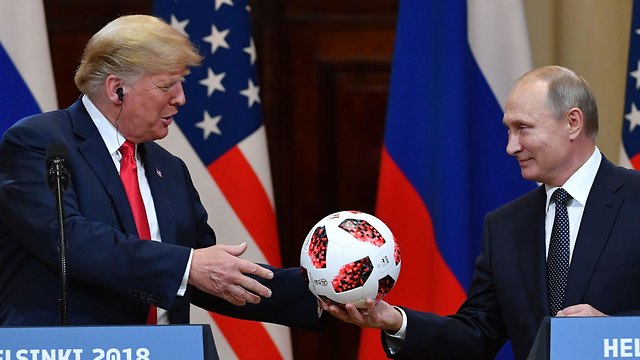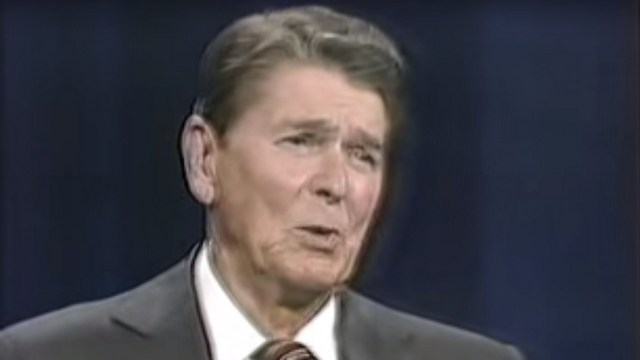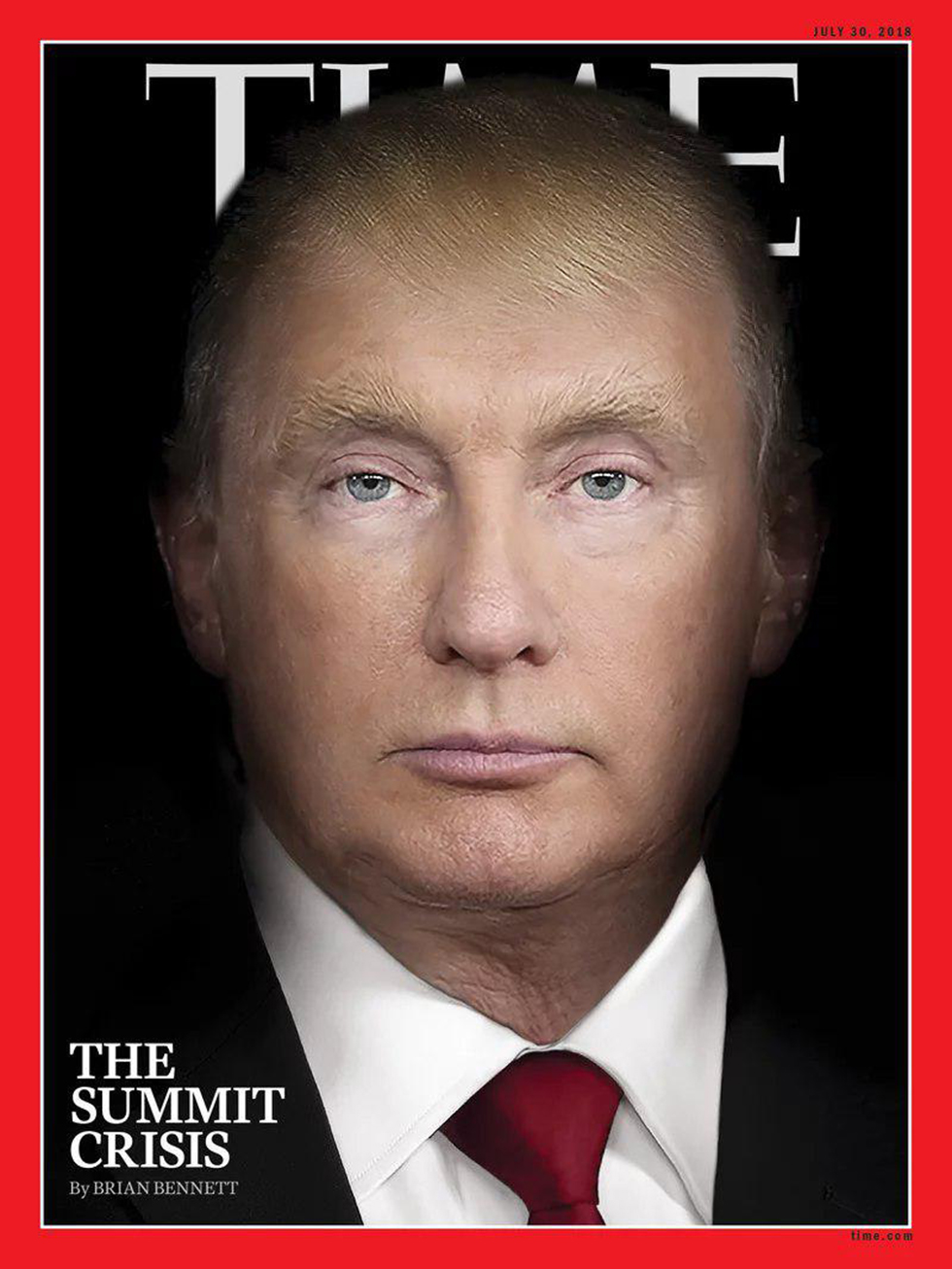Op-ed: At their meeting in Helsinki this week, Trump and Putin presented a united front. Both agreed to uphold the 1974 Separation of Forces Agreement between Israel and Syria. These leaders support of Israel is so astonishing that it calls to mind President Regan’s historical support of the Israeli air strike in Iraq.
There is no doubt that the performance of the presidents of the United States and Russia on the same stage in Helsinki, during which they spoke in one voice about Israel, is precedent-setting.
Yes, Israel still needs to defend itself. And the two promised to do so on Israel’s northern border.
Please note: Not only did they refrain from demanding Israel to give back the Golan Heights to those who held it until 1967, but they promised to help keep the Golan in our hands against Syria, and help handle its accompanying problems.
This is a historical paradox. In 1947, in pre-state times, Jewish leaders placed their trust in the United States, but Secretary of State George Marshall and Defense Secretary James Forstel opposed the establishment of a Jewish state in Palestine.

It was Edward “Eddie” Jacobson, a former business partner, and close friend of President Harry S. Truman, who managed to arrange a meeting between the president and the Jewish leader Chaim Weizmann. During the meeting, the latter secured Truman’s support for the establishment of a Jewish state.
“I promised Weizmann,” Truman dismissed senior administration officials who tried to dissuade him from his decision,
On the other side, the Soviet Union, which had no sympathy for the Zionist idea, surprised the West with its UN announcement that it would support the establishment of a Jewish state. Looking back, one can even say that the Soviet Union had a fair share in the establishment of the State of Israel.
Not only that, but when the United States vetoed arms shipments to the Middle East, the Soviet aid in ammunition was greater than expected: a full military airport in Czechoslovakia was available for Israel’s use.
Later on, since Israel had serious arguments with US presidents over the Dimona project, gaining American support became an uphill battle. During John F. Kennedy’s tenure, the battle reached its peak when Prime Minister David Ben-Gurion’s resignation was viewed as a delaying tactic against American coercion.
After Lyndon B. Johnson replaced Kennedy, who was murdered in 1963, he apparently wanted to read Ben-Gurion’s correspondence with his predecessors. Among the lines that influenced him was this: “The difference between our victory and the possible victory of the Arabs, is that if they win, they will destroy us.”
Ben-Gurion’s successor, Levi Eshkol, found common ground with Johnson, which included a solution to the Dimona project dispute: the term “ambiguity” is still in use to this day.

Next. During deliberations on the bombing of the nuclear reactor in Iraq, it became clear that there would be a need to refuel Israeli Air Force planes en route; at the time, new bombers ordered by Iran during the Shah’s reign were left in the US because the Shah was overthrown.
In March 1979, during a meeting with President Jimmy Carter, Prime Minister Menachem Begin asked him to advance the deal he made with Israel and to hand over the “Iranian” planes.
The following day, Carter accepted Begin’s request. The bombing of the nuclear reactor in Iraq was carried out with these planes on June 7, 1981, when Ronald Reagan was already president. His closest circle demanded punishment for Israel for using the “Iranian” planes to attack and not for defense purposes, as was agreed upon.
But Reagan dismissed this demand flat out. This is what he wrote in his diary: “Frankly, if Congress decides that Israel breached our contract, I will cast a presidential veto. Technically, Iraq is still in a state of war with Israel and I believe that they intended to build an atomic bomb.”
Reagan added a compliment to Begin: “In my heart of hearts, I was sympathized with Begin’s motives and I believed he had his reasons,” Reagan wrote in his diary.

It should also be noted that not only did Prime Minister Netanyahu prove that Iran lied by exposing Iran’s nuclear archive, but the two leaders of the two most powerful countries were united in their response to Netanyahu’s appeal: “The south of Syria should be brought to full compliance with the treaty of 1974 about the separation of forces of Israel and Syria,” Putin stated.
According to Trump: “President Putin also is helping Israel …We absolutely would like to work together in order to help Israel, and Israel will be working with us…Working with Israel is a great thing. Creating safety for Israel is something that both President Putin and I would like to see very much.”
I would have loved to share information from the minutes of the meetings between these three, but what we know is just a drop in the ocean.
As reported by Ynetnews
